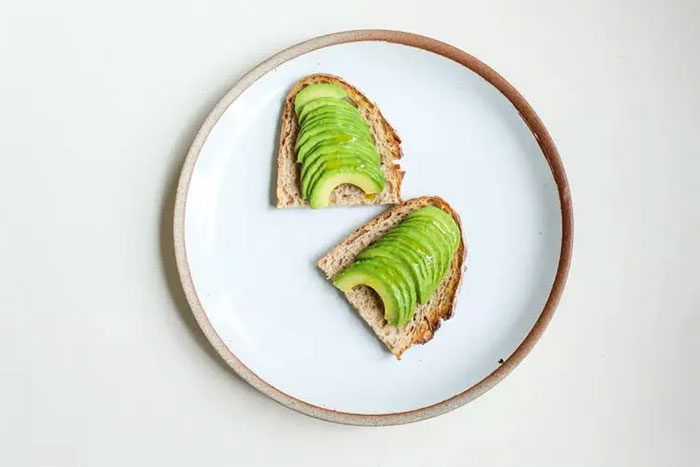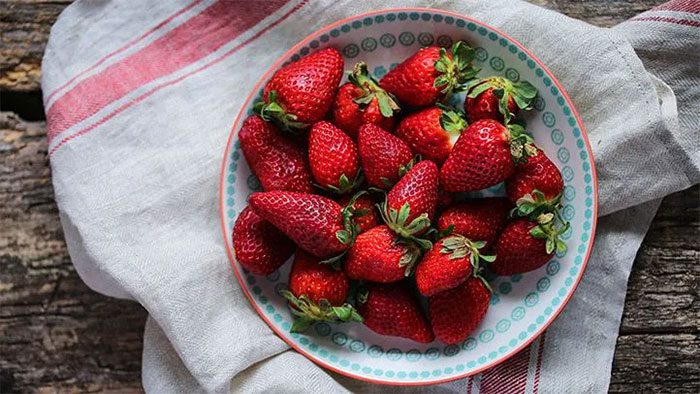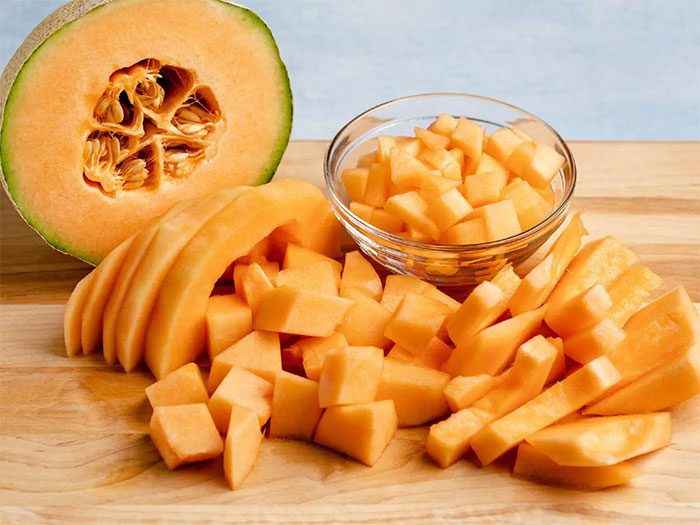Low carb fruits, also known as keto fruits, have low carb and sugar content.
What You Need to Know About Low Carb Fruits
What is the Keto Diet?
The ketogenic diet (often referred to as keto diet or keto method) is a diet that significantly reduces carbohydrate intake to a low level, maintains moderate protein intake, and emphasizes high fat consumption. Those following a keto diet typically restrict their carbohydrate intake to under 50 grams per day.
The keto diet is not just a low-carb diet. It is also a high-fat diet. This dietary approach, employed for weight loss or managing diabetes, has been used since the 19th century. The ketogenic diet has also been used to treat epilepsy and other seizure disorders, as well as helping individuals cope with symptoms of mental health issues, migraines, and brain injuries.
Furthermore, research has investigated the keto diet’s effects on various other health conditions, including cancer, polycystic ovary syndrome (PCOS), and Alzheimer’s disease.
How Does the Keto Diet Work?
The keto diet is believed to work by putting the body into a state of ketosis, where the body starts using stored fat as fuel. This process produces ketones or acids released when the body breaks down fat for energy. Our bodies naturally enter ketosis during intentional or unintentional fasting, such as when we sleep. The aim of the keto diet is to prolong the period of ketosis to promote weight loss or help manage certain health conditions.
Top 9 Low Carb Fruits for Keto Dieters
While adhering to a keto-friendly diet may make you feel limited in your food choices, there are several fruits you can still enjoy while practicing the keto diet. The general principle is that these keto fruits will be low in carbs and sugar.
1.1. Avocado
Avocado is a common ingredient in salads and is renowned for its healthy fat content—making it particularly keto-friendly due to its low carb levels.
In 100g of avocado, there are approximately 8.5 grams of carbohydrates, 6.7 grams of fiber, and around 14.7 grams of fat. Along with its low carb and high-fat profile, avocados also contain various essential nutrients, including vitamin C, vitamin K, potassium, and folate.

Avocados are rich in healthy fats beneficial for blood sugar, blood pressure, and more. (Image: Internet)
1.2. Watermelon
Watermelon is another fruit that is keto-friendly. It has a high water content and lower carbohydrate levels compared to many other popular fruits. Watermelon contains 7.5 grams of net carbs (the actual amount of carbohydrates your body digests and absorbs) and 0.4 grams of fiber.
Watermelon is worth including in your keto diet as it provides hydration along with a range of vitamins and minerals, including antioxidants like vitamin C and lycopene, as well as minerals like potassium and even copper.
1.3. Strawberries
Strawberries have a nutritional profile similar to watermelon. They are considered a low-carb and keto-friendly fruit, with about 11.7 grams of carbs and 3 grams of fiber per 152-gram serving.
Strawberries are also rich in antioxidants, including vitamin C and lycopene. Other vitamins and minerals found in strawberries include manganese, calcium, and folate. A 2021 study published in the Journal of Nutritions indicated that consuming a small amount of strawberries daily may help improve vascular function and protect against heart disease risk.

Strawberries contain antioxidants, including vitamin C and lycopene. (Image: Internet)
1.4. Lemons
Lemons are an especially “sustainable” choice for the keto diet. Each lemon contains about 6 grams of carbs and 1.8 grams of fiber per lemon weighing approximately 65 grams, or 0.7 grams of carbs per lemon slice (8 grams).
Lemons also provide a high amount of vitamin C and have a low glycemic index, helping to stabilize blood sugar without causing spikes. Therefore, lemons are recommended for those wondering what fruits are suitable for diabetes or what drinks to consume. Additionally, lemons provide calcium, phosphorus, potassium, and folate beneficial for health.
1.5. Tomatoes
Tomatoes are another low-carb fruit suitable for those on a keto diet. Depending on the size of the tomato, the carb content may vary, but generally, an average tomato contains about 4.78 to 5.8 grams of carbs and 1.48 to 1.79 grams of fiber.
Moreover, tomatoes are high in antioxidants such as beta-carotene and vitamin C, which help combat oxidative stress that can lead to chronic diseases. Eating tomatoes before meals has also been associated with stable cholesterol and blood sugar levels.
1.6. Raspberries
Raspberries are another excellent berry choice for keto dieters. About 19 raspberries contain 2.6 grams of carbs and 1.4 grams of fiber. This makes adding raspberries and seeds to snacks beneficial as they provide protein along with healthy fats.
Raspberries are rich in antioxidants and have lower sugar content compared to other fruits (including blueberries), offering anti-inflammatory effects and reducing the risk of chronic diseases.
1.7. Peaches
Peaches are considered a moderately suitable fruit for the keto diet. A medium-sized peach contains about 15 grams of carbs and 2.25 grams of fiber.
However, if you are following a strict keto diet and want to eat more peaches, it’s advisable to consume them in moderation, paired with other low-carb and protein-rich foods like cottage cheese for a more keto-friendly snack.
Peaches are also an excellent source of vitamins A and C, as well as boron, a mineral that contributes to bone health.
1.8. Cantaloupe
Like watermelon, cantaloupe is also a low-carb fruit. One cup of diced cantaloupe contains just 12.7 grams of carbs and 1.4 grams of fiber. This fruit not only helps keep you full longer but also provides many essential nutrients for health, such as antioxidant beta-carotene, vitamin K, potassium, folate, and more.

Like watermelon, cantaloupe is also a low-carb fruit. (Image: Internet).
1.9. Starfruit
Starfruit is a particularly low-carb fruit suitable for the keto diet. A small starfruit contains only 8.8 grams of carbs and provides 3.7 grams of fiber. Starfruit is also a source of vitamin C, potassium, magnesium, folate, selenium, and zinc. Nutrients like vitamin C in starfruit are linked to a reduced risk of disease and improved disease-fighting capabilities, including cancer and heart disease.
2. What Fruits Should You Avoid on Keto?
As mentioned earlier, while all fruits are healthy, if you are following a keto diet, be cautious with these fruits as their carb and sugar levels are too high for keto: apples, grapes, bananas, mangoes, pineapples, pears, cherries, pomegranates, and sweet plums.
In summary, there are fruits that are great to add to your keto diet, but some should be avoided. You may want to consult with a nutritionist to weigh the pros and cons of keto foods if you’re unsure whether to follow a keto diet or another weight loss and health maintenance plan.


















































